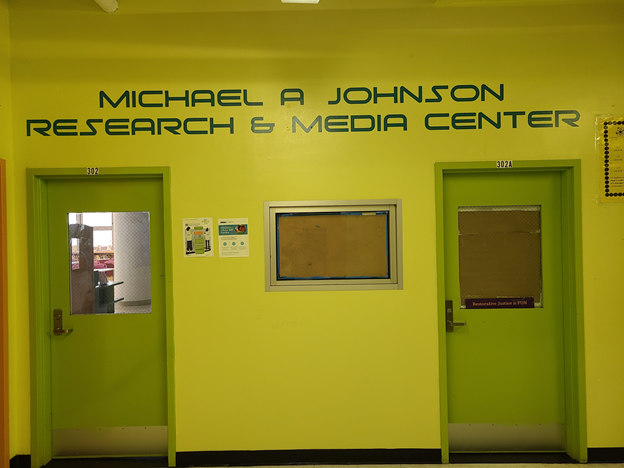What shows up as leadership in a crisis is already present in the person who occupies the leadership position. COVID-19 didn’t make our educational leaders into ineffective leaders; instead, those who performed inadequately brought their gross ineptitudes and disqualifying leadership qualities into the deadly reality of the COVID-19 pandemic.
A plague exploringly invades, probes, and reveals the fragile parts of our personality. A plague, any plague, invites and requires an individual response from all those upon whom the epidemic imposes its ugly omnipresence. The microscopic world’s impact, like the unseen mind, is demonstrably expressed in the macroscopic world of our words and actions. The plague does not “steal” bravery from the heart; instead, it allows the already present, dominant spirit of cowardliness in the individual to emerge. Plagues “smoke us out” of hiding those artificially crafted representations we offer as “us” to the world and what self-deceivingly we present falsely as ourselves, to ourselves.
And like a viral plague, the plague of horrible educational outcomes won’t let us hide in rhetorical rifts, “slogan-isms,” and false, insincere affirmations of how “we care about all children!” Public education can however, “hide” our failures from a less attentive and poorly informed public citizenry. Still, we can’t hide our negative results, as everyone can see U.S. prisons overflowing with public education’s failures. Further evidence of our failure is that large segments of the U.S. public who can’t wrap their brains around the most basic middle/high school grade concepts in environmental science and the behaviors of microorganisms (e.g., a virus). The plague of poor education produces, in too many brains, an underappreciation and a disregard for knowledge, logic, science, and expertise produced information.
Contrary to popular belief, a quality education is not only for employment purposes. An academically diverse, thought-provoking, and sound PreK-12 educational experience is required if we hope to enjoy a good society, and a peaceful and healthy democracy. Science, logic, thinking, and problem-solving skills must be enhanced, or how will those presently in our schools deal with future political, health, and environmental crises?
Further, our civics education can’t be some half-a-semester course students take when they have one foot out the high school door. Our civics curriculum must reach down to PreK-8 grades expanding in intellectual rigor as it reaches high school. Students should not leave high school thinking that the right not to wear a protective health mask during a deadly pandemic is one of the amendments to the US constitution.
It’s also making sure students have a better understanding of topics that already exist in the present biology syllabus. “What is a virus?”, “How and why does it reproduce?”, “What is a vaccine, and how does it work?” Why is there such an information gap on the efficacy of vaccines in “defeating” many of the world’s most debilitating and deadly diseases (e.g., polio, smallpox, malaria, diphtheria, etc.) And how the shortage or absence of these vaccines means that “previously defeated” diseases are currently starting to devastate countries (especially the children) in many less-wealthy nations in the world.
And then there is the PreK-16 deficient teaching of the scientific method; how could so many of our high school (and sadly) college graduates not be conversant with what constitutes a legitimate scientific process or a “peer-reviewed” research study? I’m happy that so many people are “doing their own vaccine research,” but shouldn’t they know something about science and the scientific methods of research?
The massive lack of understanding of how scientists think, inquire, hypothesize, experiment, problem-pose, problem-solve, and eventually “peer-review” each other’s research has opened up a path for many death-causing “faux-experts” to dominate the societal (especially on social media) science and health information conversation. Biological viruses are harmful, but the vast amount of physical and emotional harm caused by our national ignorance virus is a major problem that professional educators must study and solve, or we are in severe future trouble as a nation.
Michael A. Johnson is a former teacher, principal, and school district superintendent. An internationally recognized science educator who served as an expert peer-review panelist for the National Science Foundation. He was part of the team that designed the first NAEP national science exam questions. Johnson led the design, development, and building of two Science, Technology, Engineering, and Mathematics—Career Technical Education (STEM—CTE) high schools: Science Skills Center High School, NYC and Phelps Architecture, Construction, and Engineering High School, Washington DC. He also served as an adjunct professor of Science Education in the School of Education at St. John’s University. An author of a book on school leadership: Report to the Principal’s Office: Tools for Building Successful High School Administrative Leadership. And he is presently completing his second book on school administration and leadership: Report From The Principal’s Office (Fall/2021).
